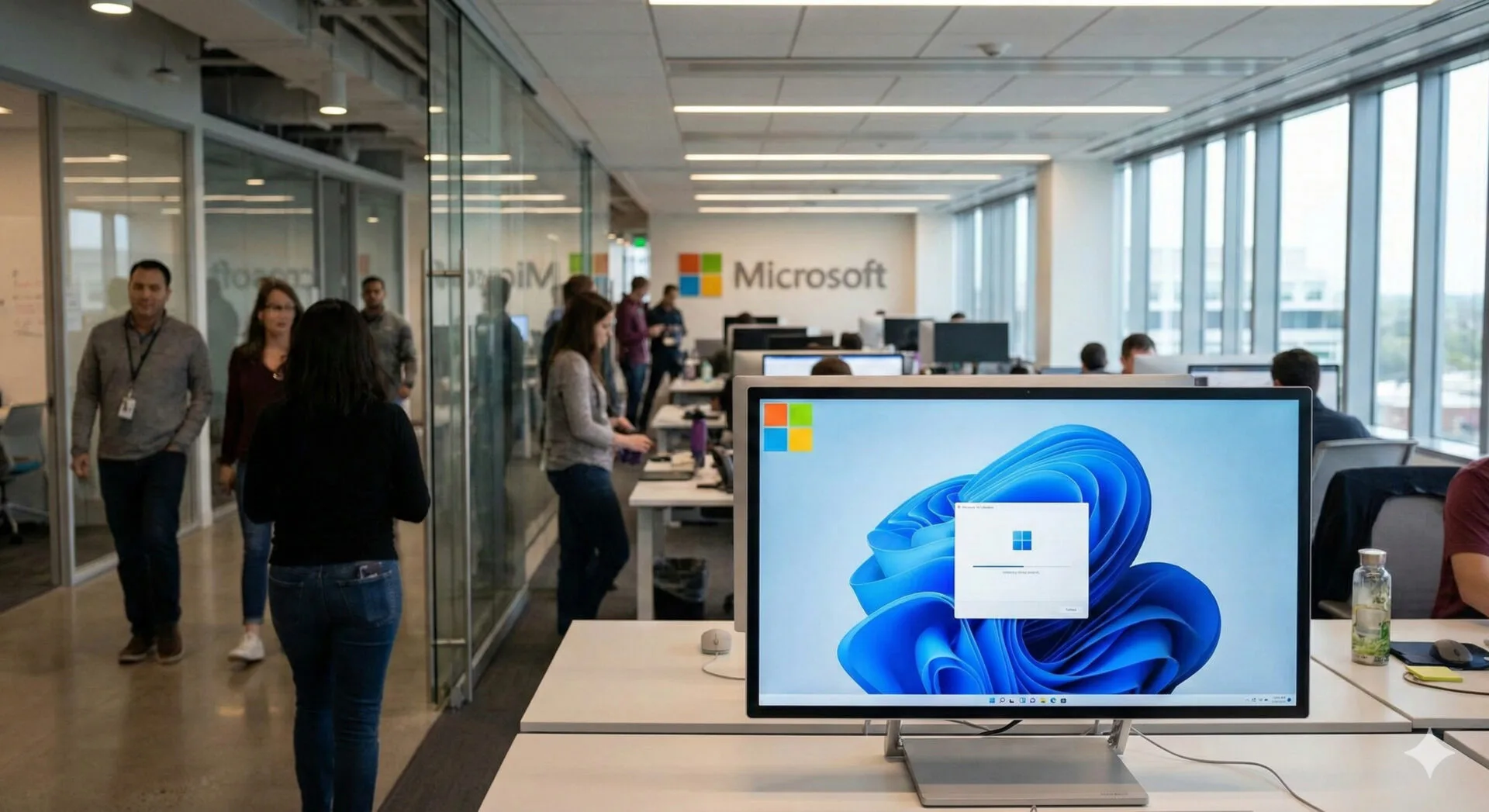
Technologies are not always accepted and welcomed so is the case of face recognition software online. The debate goes, a necessary tool to combat crime or an unlawful breach of privacy. People on one side enjoy how it has eased their lives, on the other hand, they have concerns about their data being misused.
How Face Verification Works?
Face verification is one of the most common and low budget methods to perform biometric authentication. It is creeping in almost all business sectors.
A “faceprint” is created by collecting unique information from a person’s face. While customer onboarding, a faceprint is first examined for verification and to ensure that a real person is using their own image to perform facial verification. After that real faceprint is stored in the central databank of a business and every time that person asks for access to perform a transaction or to perform any other thing, they are required to prove their identity through face verification. At that point, that unique faceprint will be used as a benchmark for cross-matching the provided facial proof by a user.
Facial Verification At Airports
Technology is reshaping the airport security system. Good old methods of hiring a security team, to keep enterprise boundaries highly protected are still working, but there are more modern ways including face verification that require your attention. Face verification techniques play a vital role in the travel industry, to improve operational efficiencies and meet customer expectations. Face verification can save travel businesses time and money but it also causes privacy concerns
Face verification is being widely used to detect and know their clients. Moreover, it’s widely used in airports to increase the workflow and to run the security process more accurately. But how does old-fashioned privacy square with all these headshots and database comparisons? Where does the data go? What happens if you say no?
According to a recent report by Valdosta Daily Times, The Department of Homeland Security’s U.S. Customs and Border Protection unit is leading the charge of facial verification technology, promoting it as “the ideal technology path to a more seamless travel experience.” And President Donald Trump added urgency with a 2017 order that called for security officials to make biometrics a priority.
Since long German minister has Seek Facial Recognition for Airports and Railway Stations. So next time you are walking through a railway station or an airport in Germany, chances are that your picture is captured by security to face match with the records of various suspects in their database. Yes, it is true. Sources say that that tests in Berlin Station have already been started, where facial recognition technology is undergoing development, to track down terrorists and detect faces to capture them.
Face Recognition- Related Privacy Concerns :
Facial recognition technology deployed in government surveillance is an extraordinary invasion of the privacy of all citizens—and a slippery slope to losing control of our identities altogether. This just shows that, despite the advances in tech bringing weird and wonderful benefits, there are also significant concerns surrounding it, particularly because the data being used and held is biometric data. Because of this, data privacy is one of the biggest worries. Perhaps the creepiest part is the fact that Face ID and other facial recognition technologies are automatically activated as soon as it sees your face and does not ask for intentions. It’s constantly collecting live data that needs to be stored somewhere, which raises the ultimate privacy question like are we constantly being watched and who is watching us? So next time you see a camera at the airport, just smile, you never know who might be watching. The installment of cameras on German Airports has raised a lot of backlash from lawyers in Germany and some groups who feel that this so-called innovative technology for securities will compromise the privacy of individuals.
In the US, a privacy advocacy group has launched a banfacialrecognition.com campaign calling for travelers to avoid airlines that use the technology.
Clearly, privacy concerns surround this technology and its use. Finding a balance between national security and individuals’ privacy rights will be the subject of increasing discussion, especially as technology progresses.





Leave a Reply